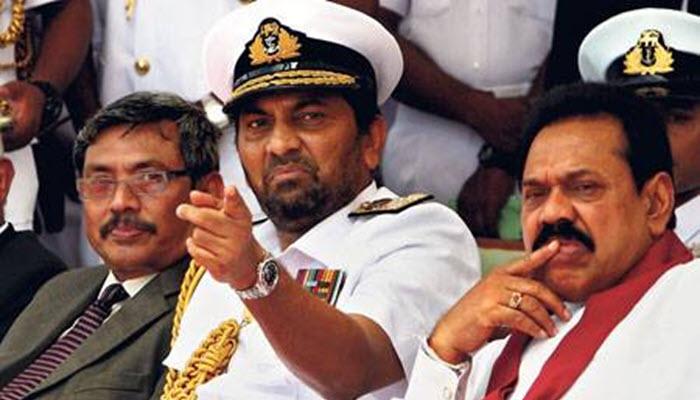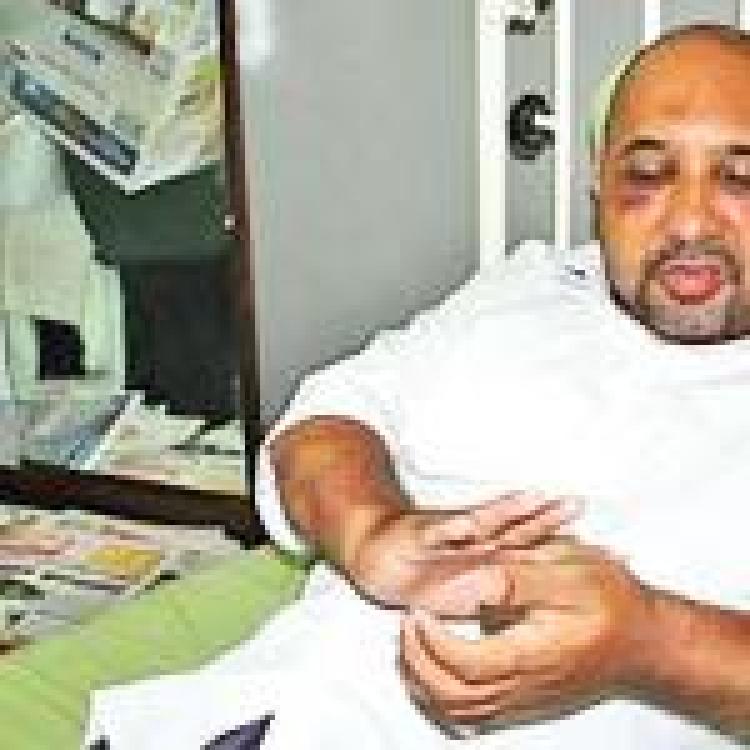
The US announced that former Sri Lankan Naval Commander Wasantha Karannagoda and his wife are now banned from entering the U.S. due to his involvement in human rights violations.
“The allegation that Wasantha Karannagoda committed a gross human rights violation, documented by NGOs and independent investigations, is serious and credible,” Secretary Anthony Blinken said in a press statement.
“By designating Wasantha Karannagoda, the United States reaffirms its commitment to upholding human rights, ending impunity for human rights violators, acknowledging the suffering of victims and survivors, and promoting accountability for perpetrators in Sri Lanka,” he added.
Karannagoda served as Sri Lanka's Navy Commander from 2005 to 2009, during the armed conflict which saw the massacre of tens of thousands of Tamils. In 2019, Karannagoda was named as the 14th suspect in the case of the abduction and forced disappearance of 11 people, who were predominantly Tamil.
In 2021, Sri Lanka's Attorney General announced that it would not proceed with charges of torture, extortion, abduction and conspiracy to murder against Karannagoda.
All 11 victims were abducted in Colombo between August 25, 2008 and February 2009 and held for ransom at navy bases in Colombo and Trincomalee, before being presumably murdered.
The eleven victims have been named as Kasthuriarachchi John, Thyagarajah Jegan, Rajiv Naganathan, Soosaipillai Amalan, Soosaipillai Roshan, Kasthuriarachchi Anton, Prageeth Vishvanathan, Thilakeshwaran Ramalingam, Mohamed Dilan, Mohamed Saajid and Ali Anwar. Two fathers and their sons are among the victims and their ages range from 17 to 50 at the time of abduction.
Anthony Blinken, the serving US secretary of state tweeted, that the United States is designating Karannagoda for a "gross violation of human rights".
The United States is designating Sri Lankan Governor and retired Admiral Wasantha Karannagoda for a gross violation of human rights. The United States continues to seek truth and justice for victims of the Sri Lankan civil war.
— Secretary Antony Blinken (@SecBlinken) April 26, 2023
In 2019, the International Truth and Justice Project’s (ITJP) report, ‘The Sri Lankan Navy: A Collective Blind Eye,’ highlighted the crimes committed by the Sri Lankan navy as well as a wider pattern of systemic torture that occurred over many years and in multiple sites, perpetrated by the Sri Lankan Navy and other units of the security forces.
Read more here



